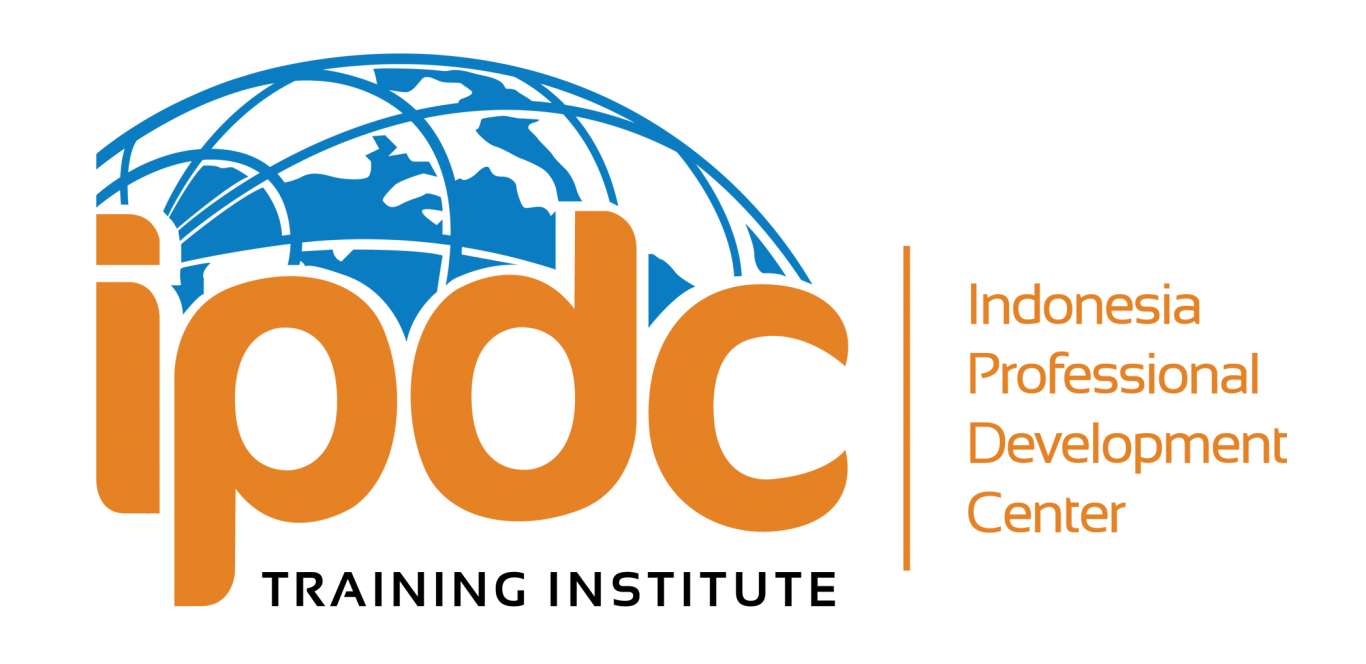Proactive Procurement: How Strategic Supply Chain Management Drives Operational Efficiency
- ardhy samjaya
- Jun 29
- 3 min read
In today's fast-paced business world, the success of a company often hinges on how effectively it manages its supply chain. Strategic supply chain management is not just a buzzword; it’s an essential practice that empowers organizations to respond to changes efficiently and stay competitive. By focusing on effective procurement, logistics, and vendor management, businesses can achieve a seamless operation that is both resilient and profitable.

This post delves into the vital components and best practices that supply chain managers, procurement officers, logistics planners, warehouse supervisors, and operations strategists can implement to enhance operational efficiency.
Understanding Strategic Supply Chain Management
Strategic supply chain management focuses on aligning supply chain activities with an organization’s overall goals. This holistic approach goes beyond mere procurement to encompass inventory control, vendor management, and logistical flexibility. By planning proactively and managing these areas, organizations can significantly reduce supply chain risks and ensure smooth operations.
For instance, companies that effectively implement strategic supply chain management have reported reducing operational costs by up to 15%. By anticipating market changes and optimizing resources, organizations can also see customer satisfaction ratings improve through faster turnaround times and better service delivery.
The Role of Proactive Procurement
Proactive procurement is central to strategic supply chain management. Instead of waiting for challenges to arise, this approach emphasizes anticipating needs and challenges, thus enabling organizations to maintain optimal inventory levels and ensure reliable vendor relationships.
Consider a technology company that uses advanced algorithms to forecast component shortages. By predicting supply disruptions, they can place orders in advance, allowing them to maintain a 98% service level agreement (SLA) with their customers. Regularly analyzing market trends helps procurement officers identify risks early, developing strategies that mitigate potential problems and sustain operational continuity.
Vendor Management: Building Strong Partnerships
Effective vendor management is crucial for a successful supply chain. Forging strong partnerships with suppliers enhances communication and fosters collaboration. By investing time in these relationships, organizations can gain insights into supplier capabilities, price dynamics, and market developments.
A practical example is a fashion retailer that conducts quarterly performance evaluations with its suppliers. This includes assessing reliability, product quality, and responsiveness. By doing so, they reported a 20% decrease in delayed shipments and improved negotiating power during price negotiations, which bolsters supply chain resilience when challenges arise.
Inventory Control: Balancing Supply and Demand
Inventory control is another vital element of strategic supply chain management. Effective inventory strategies enable companies to balance supply and demand efficiently. Continuous monitoring, precise forecasting, and data-driven decisions are key components of this process.
Take a grocery chain that leverages advanced technology and data analytics to optimize inventory levels. By reducing excess stock, they lowered holding costs by 30% while ensuring shelves are adequately stocked to meet customer demand. Having an agile inventory management system allows businesses to quickly adapt to sudden changes in demand, thus maintaining operational efficiency.
Logistics Agility: Navigating Disruptions with Confidence
Logistics agility is essential for addressing the complexities of modern supply chains. Organizations must prepare contingency plans for potential disruptions — whether from natural disasters, geopolitical changes, or shifts in consumer behavior.
Logistics planners working alongside procurement teams can develop flexible transportation options. For example, a manufacturer that sources materials from multiple suppliers can pivot to alternate shipments if one source is affected. This approach not only maintains consistent service levels but also secures the supply chain against unpredictable challenges.
The Importance of Integrated Systems
A successful strategic supply chain relies on the integration of various systems and processes. Implementing software solutions that facilitate real-time data sharing enhances collaboration across departments.
Such integration boosts transparency throughout the supply chain, enabling stakeholders to make informed, data-driven decisions. When supply chain managers have access to accurate, real-time information, they can proactively respond to changes, ensuring that operations remain smooth and effective.
Measuring Operational Efficiency
To determine the effectiveness of strategic supply chain management initiatives, organizations should establish specific performance metrics. Key performance indicators (KPIs) could include:
Order accuracy rates: Monitoring how often orders are filled correctly can highlight inefficiencies.
Inventory turnover rates: Understanding how frequently inventory is sold and replaced provides insight into inventory management efficiency.
Regularly assessing these metrics allows supply chain managers to pinpoint areas needing improvement and adjust strategies promptly. This continuous feedback loop is crucial for maintaining operational efficiency in a dynamic market environment.
Final Thoughts
In an era where complexity reigns in business operations, strategic supply chain management is not just a necessary tactic; it’s a lifeline for organizations. Proactive procurement, strong vendor management, and agile logistics practices enhance operational efficiency and reduce supply chain risks.
By fostering solid partnerships, leveraging technology, and making informed decisions based on data, businesses will not only weather disruptions but also thrive in an ever-evolving marketplace. As logistics continues to evolve, embracing these strategic supply chain practices will be integral to achieving sustained success.





